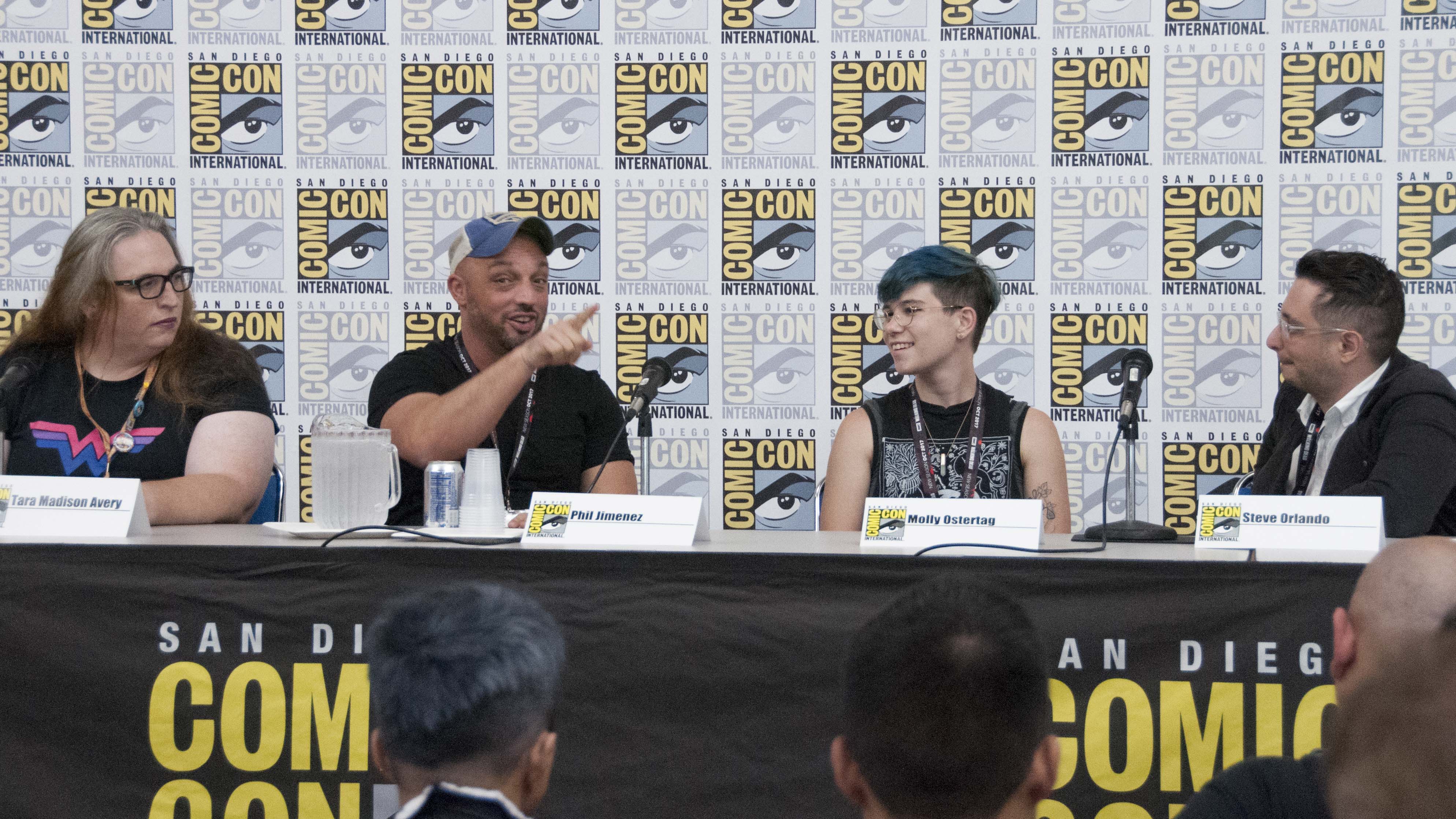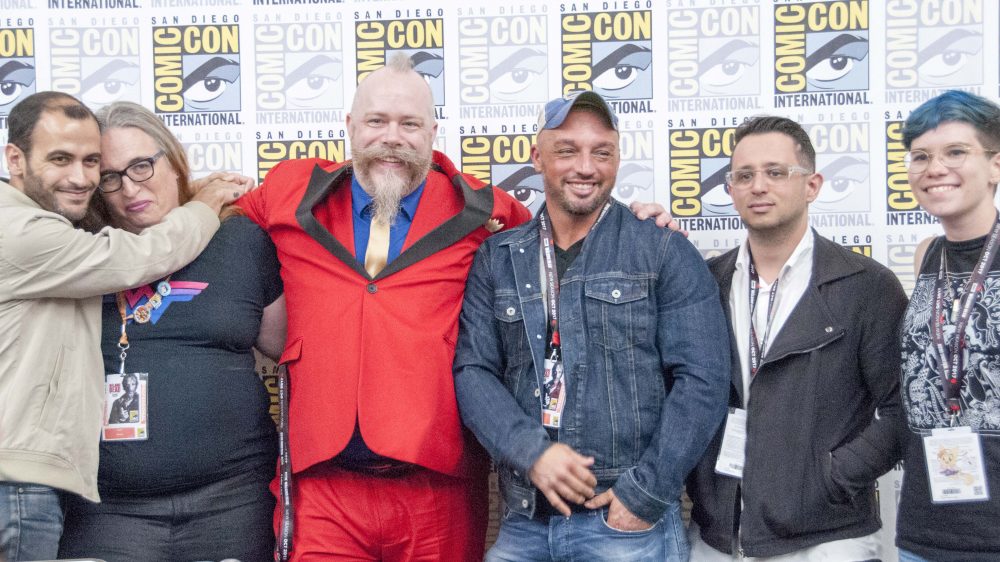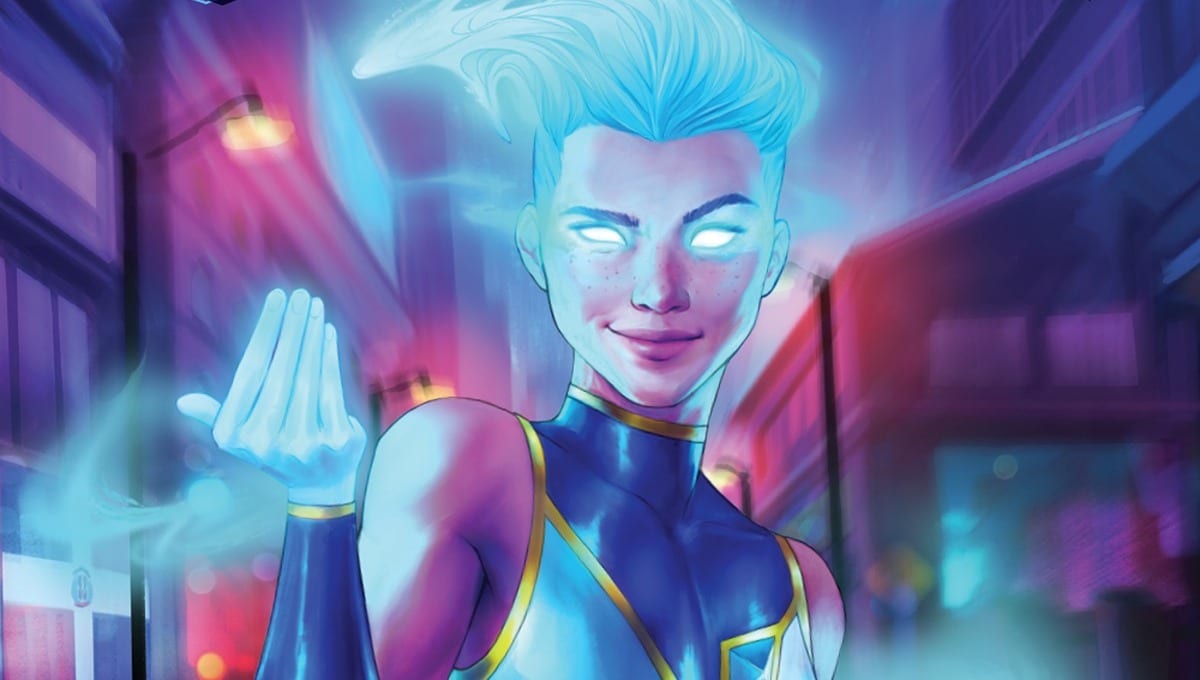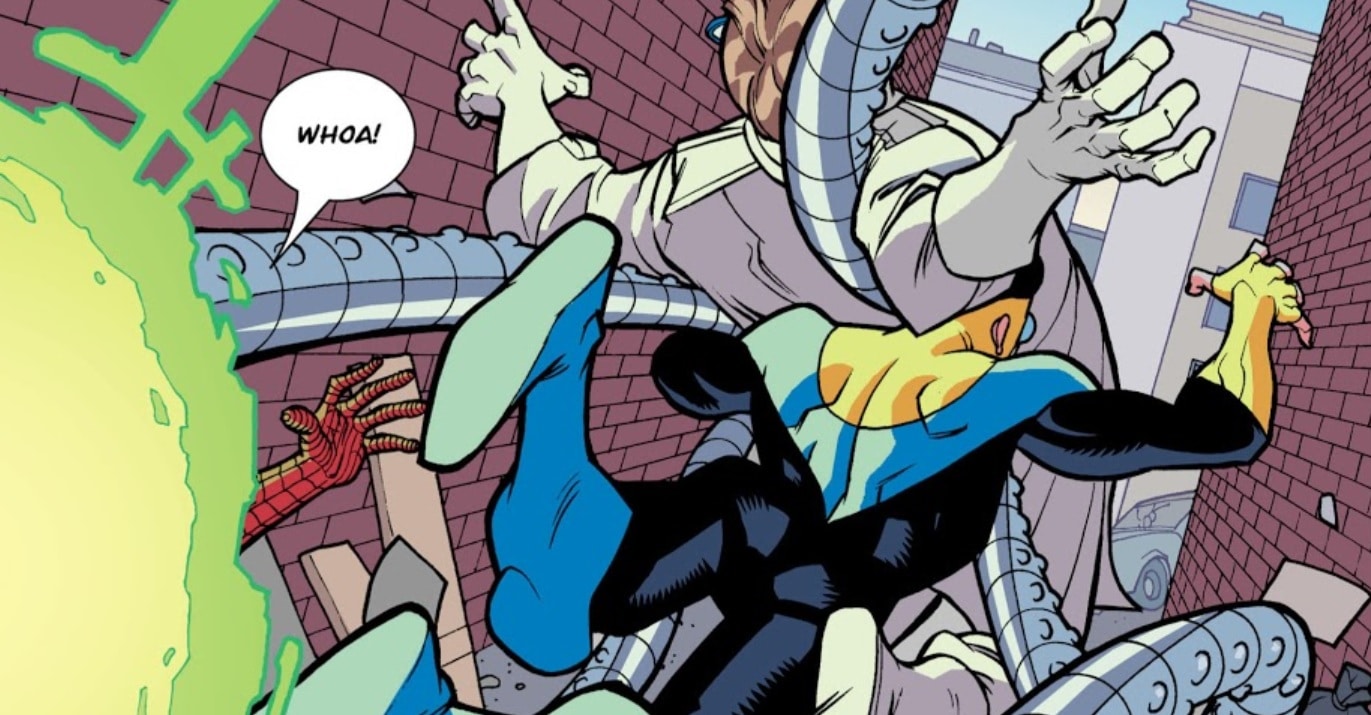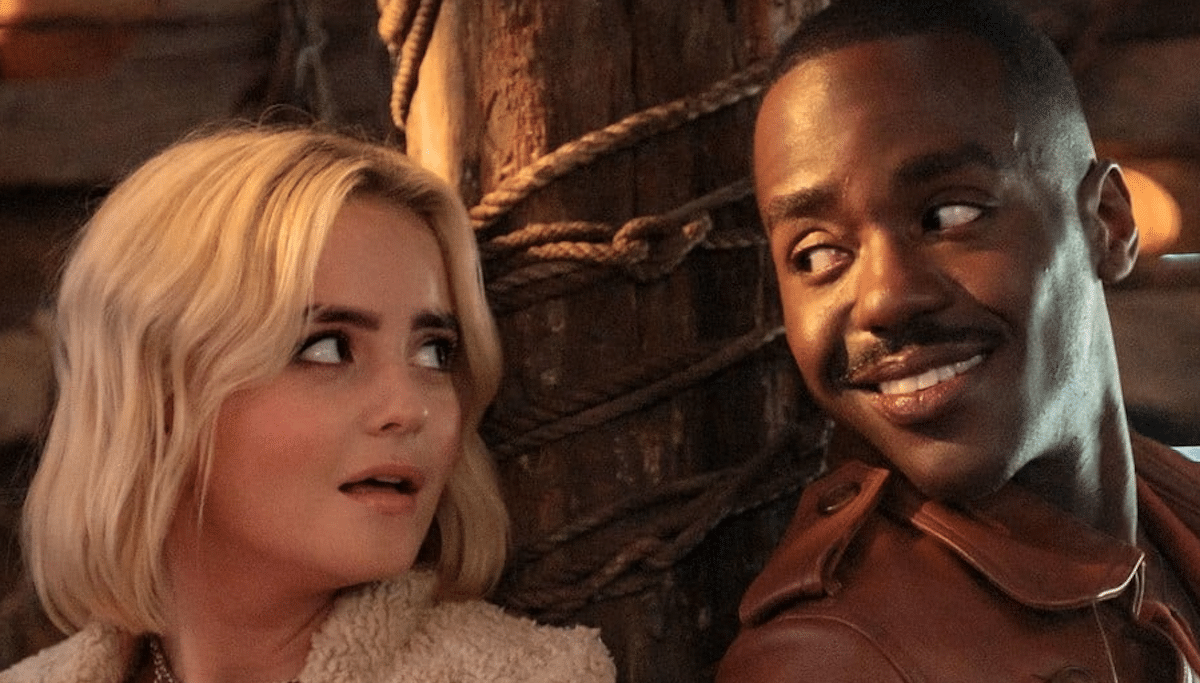As is tradition for the Gays in Comics panel, a combination of queer artists, writers, and industry officials were collected on stage. This year, the panel was made up of Sina Grace (writer for works like Marvel’s Iceman), Tara Madison Avery (writer, artist, and publisher), Phil Jimenez (artist for works like The Invisibles and Wonder Woman), Molly Ostertag (working mainly in webcomics, has new book “Witch Boy” coming soon), and Steve Orlando (writer for works like DC’s Midnighter). The panelist explored topics that were not only important to LGBT readers and creators, but to all involved in some way with comics.
One topic that was largely explored in the panel was that of LGBT characters in comics and their representation by both queer and straight artists/writers. There is an upward trend of already established comic book characters that are either revealed or repurposed to be homosexual. “There’s a level of controversy about [this],” said Mangels. “There’s a large concern over not writing LGBT appropriate characters; That readers are saying, ‘That’s not my experience.’”
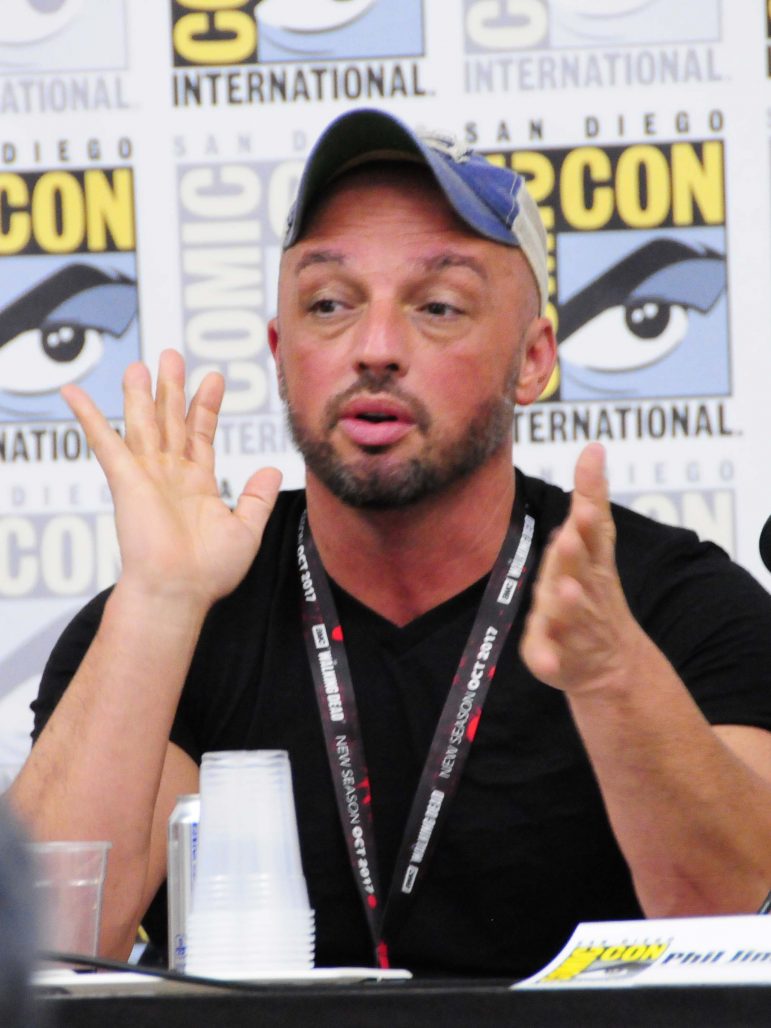
Tara Avery said how you should depict the character’s identity depends on the genre you write for. “Heroes do hero things, no matter of their sexuality… For other genres, [the writer/artist] has a chance to experience the development of the character depending on that.” Sina Grace said that a lack in knowing one’s “artistic boundaries” is contributing to this mismatched characterization. “I never thought ‘Oh, I’ll work with a gay character’ when I got into comics. I was fine with working with the ‘sandbox,’” he said. “The thought never crossed my mind that I was allowed to work with gay characters. But then, I began thinking, ‘Wait, I can be me? I can ask?’ It never crossed my mind that it was okay to ask… But now that there seems to be a wider acceptance, everyone has to remember that we’re still starting out. We’re still getting use to this… There’s still going to take some growing to do.”
This isn’t to say all LGBT comic characters are inaccurate. Writers like Sina and Steve have tried as naturally as possible to accurately depict aspects of certain character’s sexual identities, which in itself brings a whole different problem to the table. “On one end of the table,” began Andy Mangels as he pointed to Steve Orlando, “we have the guy that introduced bottoming to the DC universe,” a reference to the character “Midnighter.” “On the other end of the table, we have the guy who introduced Grindr,” a gay-dating app, “to the Marvel universe.” This was of course to Sina Grace, writer for Iceman. Both these decisions brought a level of controversy from both conservative and LGBT communities.
“The decision from the onset,” began Steve, “was he was going to be an adult, sexually active queer.” Aside from complaints from conservatives, the writer received concerned messages from LGBT supporters asking for Midnighter to be shown using condoms and making other responsible sexual decisions. For his defense to those on either side of the fence, Steve uses this argument: “Anything that Dick Grayson can do with women, Midnighter can do with men.”
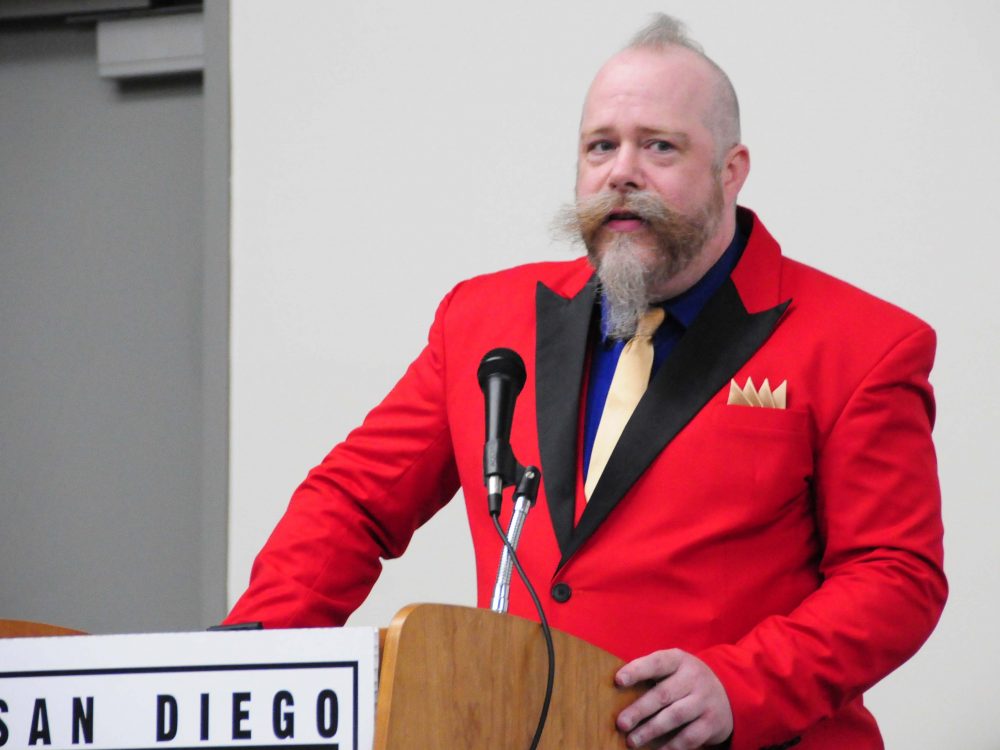
Though gay, lesbian, and bisexual characters are gaining representation, the transgender community is still largely unrepresented, as Tara Avery remarked. “It’s as if others just look at transgender people and don’t know what to do with them, which goes the same for [comic] writers. Like, they see us having a ‘grab-bag’ of gentiles,” she said laughing. Using her status as being a triple threat, writer, artist, and publisher, Tara is currently involved in getting produced a transgender orientated book called We’re Still Here. “We have to tell people how we can have sex and that it still can kick ass,” said Tara. To be published by “Stacked Deck Press”, the book to date has nearly tripled its goal of $17,000 and it still taking pledges until August 18th.
As the panel discussed, it’s certainly a wonderful and yet difficult time for queer comic writers and artists. Though they are becoming more empowered every day to explore themes that are close to their hearts, there’s an equally increasing level of responsibility placed on them, as explained Andy Mangels. As becoming representatives of the LGBT community at large, they are therefore tasked to accurately depict those they write on behalf of. “I’m super lucky and stressed out at the same time,” said Sina Grace to this. “[For Iceman], he’s still figuring his identity out, which is how I’m able to keep at bay the conservatives. For the gays though, they want Iceman to just jump right into it and, like, start fisting people.” After jokes of giving the “cold-fist” from other panelists, Sina continued. “But really, I’m lucky. I get to play it safe for now, but I think I’m doing it right.”
At the panel’s closing, Andy Mangels revealed that this was the last year in which the Gays in Comics panel was to exist. To become even more encompassing, it would be renamed as of next year to the Out in Comics panel.
Thank you Andy Mangels, Sina Grace, Tara Madison Avery, Phil Jimenez, Molly Ostertag, and Steve Orlando for participating in this year’s milestone panel.


